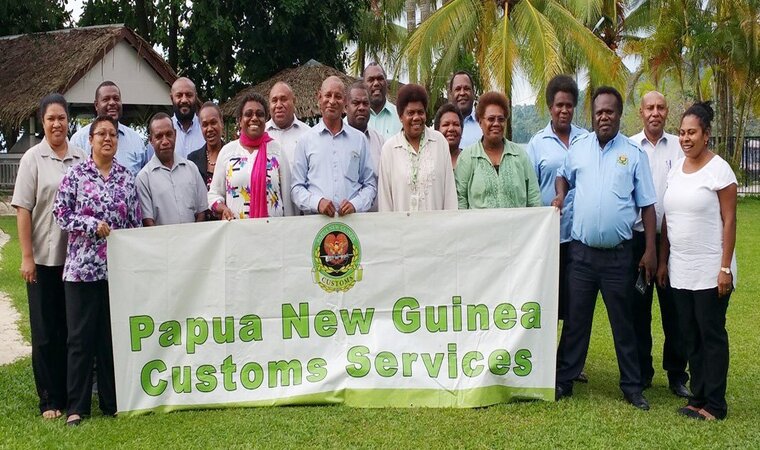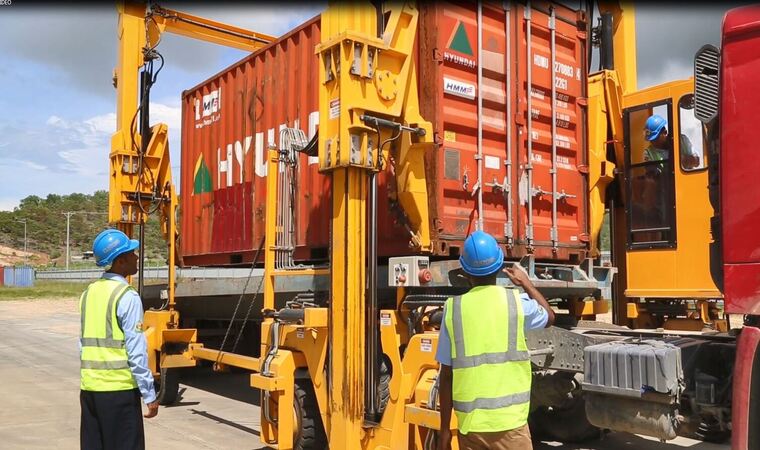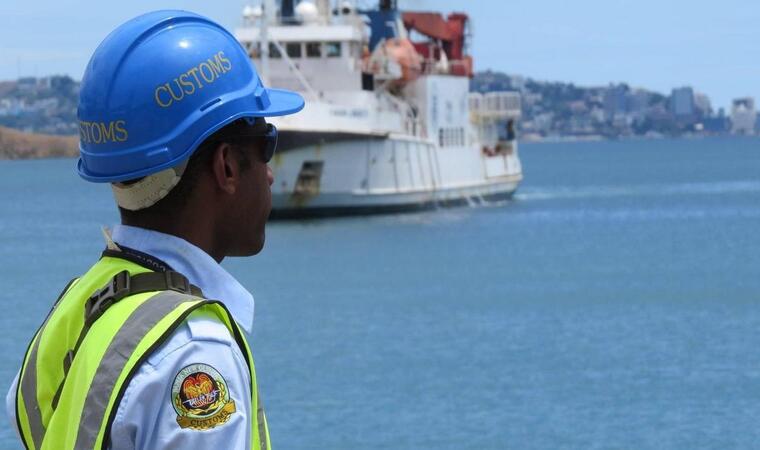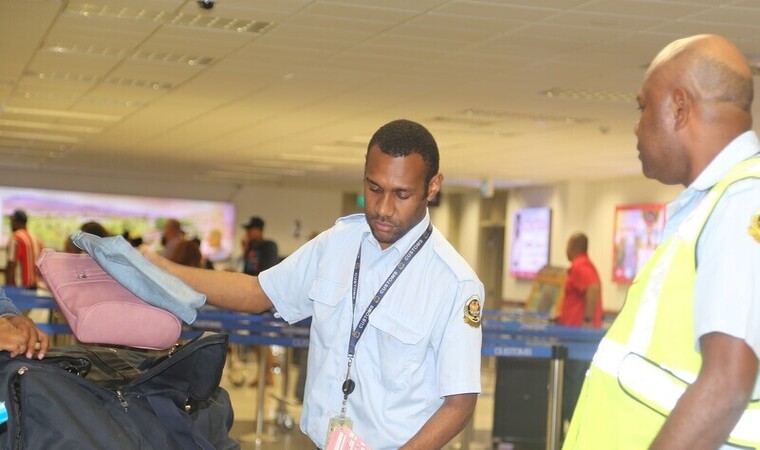About PNG CUSTOMS SERVICES
The Papua New Guinea Customs Service (PNGCS) is a government agency responsible for regulating the import and export of goods in Papua New Guinea. The PNGCS was established in 1975, following the adoption of the Customs Act 1975. The PNGCS plays a number of key roles in the trade and industry sectors, including:
- Administering the Customs Act 1975 and other relevant legislation
- Collecting customs duties and taxes on imported and exported goods
- Regulating the import and export of goods in Papua New Guinea
- Providing technical advice and assistance to the government and industry stakeholders
- Collaborating with other agencies and organizations to support the development of the trade and industry sectors in Papua New Guinea.
The PNGCS works to ensure that the import and export of goods in Papua New Guinea is carried out in a safe and responsible manner, to protect the health of humans, animals, and plants, and to support the development of the trade and industry sectors in Papua New Guinea.
PNGCS Fact Sheet
- The Papua New Guinea Customs Service (PNGCS) is a government agency that regulates the import and export of goods in Papua New Guinea.
- Established in 1975, following the adoption of the Customs Act 1975.
- PNGCS is headquartered in Port Moresby and plays key roles in the trade and industry sectors such as collecting customs duties and taxes, regulating import and export of goods, and providing technical advice and assistance.
- PNGCS ensures that the import and export of goods in PNG is done safely and responsibly to protect health of humans, animals, and plants and to support the development of trade and industry sectors.
- PNGCS collaborates with other government agencies and industry stakeholders to support the development of trade and industry sectors in PNG.
- The trade and industry sectors are important contributors to the economy of PNG, and PNGCS plays a key role in regulating and promoting their growth.
Policy & Regulation
This act establishes the Papua New Guinea Customs Service (PNGCS) and sets out the powers and responsibilities of the agency. It also sets out the rules and regulations related to the import and export of goods in Papua New Guinea.
This act establishes the National Agriculture & Quarantine Inspection Authority (NAQIA) and sets out the powers and responsibilities of the agency. It also sets out the rules and regulations related to the import and export of agricultural products in Papua New Guinea.
This act establishes the Plant Protection Committee and sets out the rules and regulations related to the import and export of plant products in Papua New Guinea. It also provides for the inspection, testing, and certification of plant products to ensure that they meet quarantine and health standards.
This act establishes the Animal Health and Production Committee and sets out the rules and regulations related to the import and export of animal products in Papua New Guinea. It also provides for the inspection, testing, and certification of animal products to ensure that they meet quarantine and health standards.
This act establishes the Food Safety Authority of Papua New Guinea and sets out the rules and regulations related to the safety and quality of food products in Papua New Guinea. It also provides for the inspection, testing, and certification of food products to ensure that they meet health and safety standards.
This act establishes the Trade and Industry Development Authority of Papua New Guinea and sets out the rules and regulations related to the trade and industry sectors in Papua New Guinea. It also provides for the regulation of the import and export of goods and services in the country.
What is ASYCUDA?
The Automated System for Customs Data (ASYCUDA) is a computerized customs management system that covers most foreign trade procedures. It handles manifests and customs declarations, along with accounting, transit and suspense procedures. It also generates trade data that can be used for statistical economic analysis. The ASYCUDA software is developed by UNCTAD.
ASYCUDA uses international codes and standards developed by the ISO (International Organization for Standardization), WCO (World Customs Organization) and United Nations. It can be configured to suit the national characteristics of individual customs regimes, national tariffs and legislation. ASYCUDA provides Electronic Data Interchange (EDI) between traders and customs using prevailing standards, such as XML.
ASYCUDA RESOURCES
ASYCUDA WORLD – ICT MINIMUM REQUIREMENTS
- Standard personal computer (at least 4GB RAM)
- JAVA Version 7 or 8 run on background
- Any internet browser
- Good internet connection (3G/4G/ADSL/Broad Band WiMax)
- Ensure to verify connectivity to this link: http://asycuda.customs.gov.pg
- Scanner – To scan and attach documents
- Permanent address. Need to up-date Customs of any changes to Address, Phones and Emails
To be updated
To be updated
Under the new organizational structure Customs ICT is now responsible for the maintenance and expansion of the Customs Information Technology Infrastructure.
ASYCUDA, a sub-branch to ICT is responsible for the development and implementation of the ASYCUDA system.
Learn more by clicking the links below:
Quick Links
When & How to Contact PNGCS
The Papua New Guinea Customs Service (PNGCS) is a trade facilitation agency in Papua New Guinea that provides information and assistance related to customs duties and taxes, import and export regulations, and other issues related to the trade and industry sectors.
They provide support for businesses, government and industry stakeholders, and members of the public who have questions or concerns related to the import or export of goods in Papua New Guinea.
They can be contacted by visiting their website, emailing them at info@pngcs.gov.pg, or calling them at +675 303 3555.




